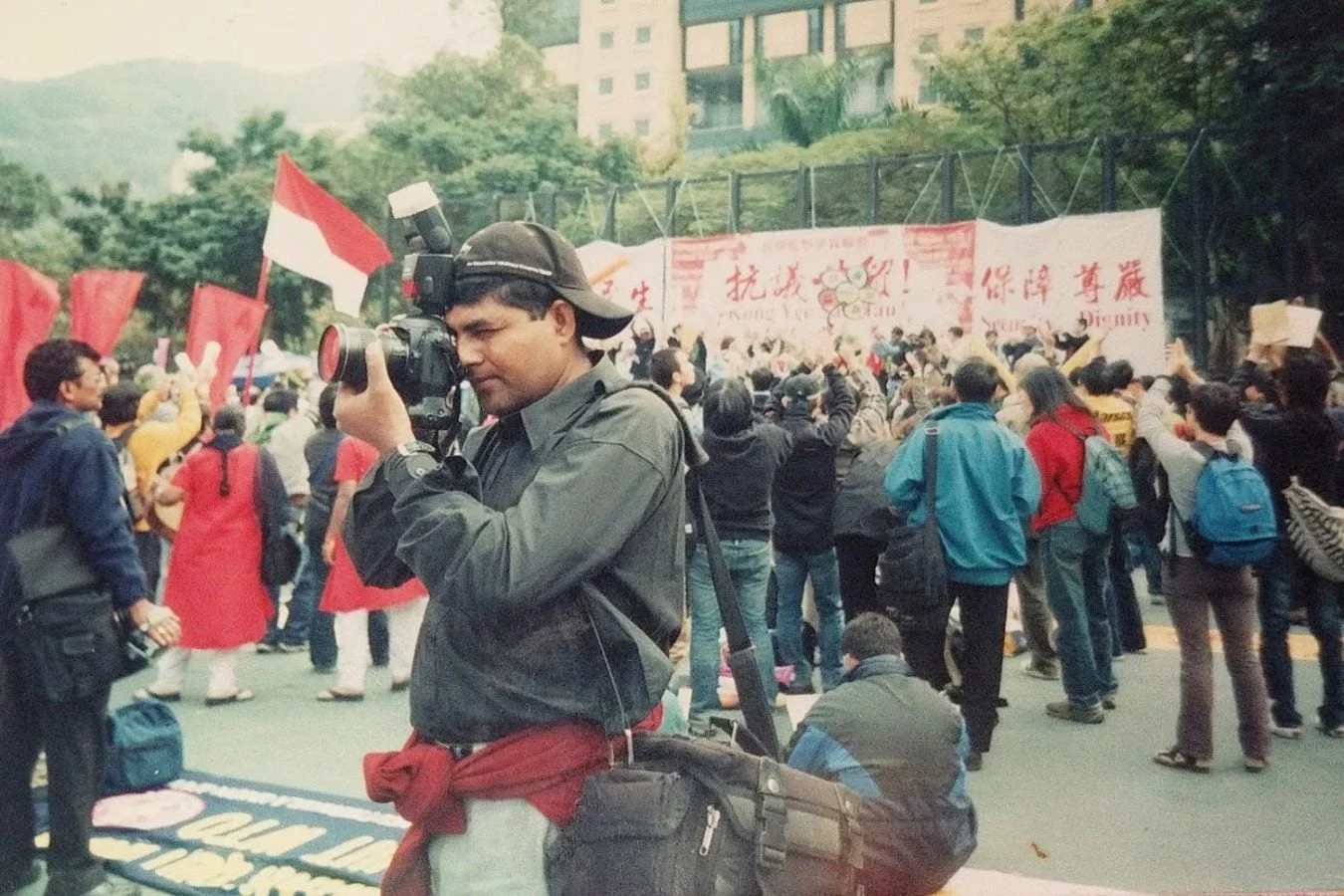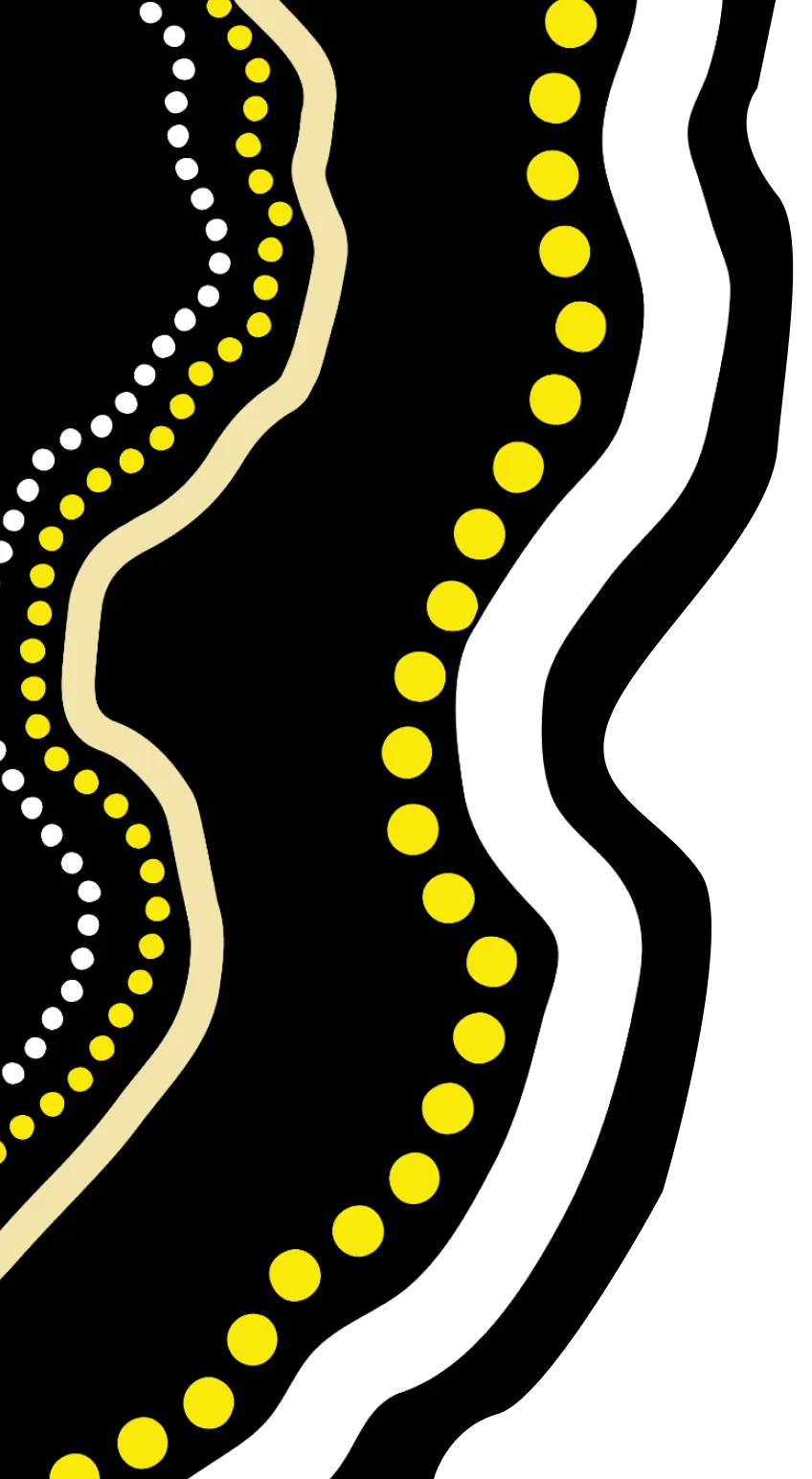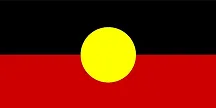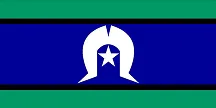
Media Awards 2021
Entries are now closed.
The Amnesty International Australia Media Awards are held to recognise excellence in reporting of human rights issues in the Australian media.
Each year the awards acknowledge those Australian media stories that have presented a fair and balanced report of a human rights issue, highlighted hidden abuses and encouraged an audience’s greater understanding of a human rights issue.
Entrants are invited to submit for one of six categories:
- Cartoon
- Indigenous Issues Reporting
- Photography
- Print/Online Media
- Radio
- Television
With a work that has been published or broadcast in Australia, in an Australian media outlet, or in the Australian branch of an international outlet, between 1st January 2020 and 18th August 2021.
All entries will be assessed by a panel of three judges with expertise and experience in the relevant media. Finalists will be announced in October, with the winners announced at an Awards ceremony on 18th November 2021.
Please see below for full details of Entry Criteria and Terms & Conditions for entry.
Entry criteria
Criteria for entry in the 2021 awards.
Entry Criteria
In your entry submission you will be asked to provide the following:
- Details about the piece you’re submitting including:
-
-
- Title of entry
- Name of journalist/reporter, as well as production company, producer, director, editor, researcher, camera operator and anyone else who should be credited
- Name of the media outlet and program (if applicable)
- Publication/broadcast date
- Duration of the piece (if applicable)
-
-
- An overview of the piece including how the idea for the piece came about
- What social or political impact the piece had, such as the number of viewers/listeners and their response, government reaction, policy change or benefits for impacted communities
- Digital file of the story/stories OR the URL/s (which must be live and publicly accessible from 1 August to 30 November 2021).
- Payment of fee – $30 students, freelancers or $60 media professionals
NB: If you are unable to cover the cost of entry, please email media@amnesty.org.au. We encourage emerging journalists, particularly emerging Indigenous journalists, to enter the media awards, and as such we are able to waive the fee for a small number of applicants.
Please ensure you have approval from your media outlet for us to reproduce the images and stories for the purpose of promoting the awards.
Category Criteria
Indigenous Issues Reporting Award
This award recognises insightful coverage of a human rights issue affecting Aboriginal and Torres Strait Islander people.
The entry must be:
- a single TV or radio program of up to 60 minutes duration, or
- a series of up to five TV news or radio items, each of less than 30 minutes duration, or
- a newspaper or magazine article, either in print or online, or up to five articles, if part of a series, or
- a combination of up to five TV, radio, print and online stories, where the TV or radio stories are less than 30 minutes duration.
If available the transcript of the piece/s should also be submitted.
Print / Online / Multimedia Award
This category recognises excellence in print, online and multimedia in reporting of human rights issues.
The entry must be:
- a newspaper or magazine (print or online) article, or
- up to three articles (can be a combination of print and online), if part of a series, or
- a multimedia story
Entries must have been published in an Australian media outlet, or in the Australian branch of an international outlet.
Radio Award
This category recognises excellence in radio broadcasting in reporting of human rights issues.
The entry must be:
- a radio item of less than 30 minutes duration, or
- up to three news items, each less than 30 minutes, if part of a series, or
- a single radio programme of up to 60 minutes duration.
Entries must have been broadcast in an Australian media outlet, or in the Australian branch of an international outlet.
If available the transcript of the piece/s should also be submitted.
Television Award
This category recognises excellence in television media in reporting of human rights issues.
The entry must be:
- a television item of less than 30 minutes duration, or
- up to three news items, each less than 30 minutes, if part of a series, or
- a single TV programme of up to 60 minutes duration.
Entries must have been broadcast in an Australian media outlet, or in the Australian branch of an international outlet.
If available the transcript of the piece/s should also be submitted.
Photography Award
This category recognises excellence in photography in reporting of human rights issues.
The item must be:
- a single photo, or
- a series of up to six photographs from a portfolio, all or part of which have been published on an Australian media website; and/or in print media aimed at an Australian audience; and/or publicly exhibited in Australia.
Cartoon Award
This category recognises excellence in cartoons in reporting of human rights issues.
The item must be:
- a cartoon, or
- up to six cartoons if part of a series, which has been published on an Australian media website; and/or in print media aimed at an Australian audience; and/or publicly exhibited in Australia.
The judges
A selection of esteemed Australian journalists are judging this year's awards. A panel of three will judge each of the six categories.


Miriam Corowa

Jodan Perry

Lisa Davies

Charis Chang

Josh Butler

Stephen Dziedzic

Martin Walters

Alexandra Barwick

Fauziah Ibrahim

Lindy Kerin

Stela Todorovic

Nick Moir

Sylvia Liber

Jeff Darmanin

Cathy Wilcox

Fiona Katauskas

Jon Kudelka
Judging process and guidelines
All entries will be assessed initially for eligibility by representatives of Amnesty International Australia.
All eligible entries are assessed by a panel of three judges with expertise and experience in the relevant media.
Judging sessions will be facilitated by a representative of Amnesty International Australia, who has no involvement in the selection of the shortlist or the winning entry. Finalists will be announced in October, with the winners announced at an Awards ceremony on 18th November 2021.
Judging guidelines
The Amnesty International Australia Media Awards have been created to recognise excellence in reporting of human rights issues in the Australian media.
The awards acknowledge those Australian media stories that have presented a fair and balanced report of a human rights issue, highlighted hidden abuses and encouraged an audience’s greater understanding of a human rights issue.
Journalistic excellence, innovation and the promotion and understanding of human rights need to be taken into account when considering the entries in all categories.
Judges will be looking for:
- The quality of the writing, filming, photography or cartoon, including style, technical accomplishment and narrative or discursive structure
- The currency or ‘news value’ of the entry, including the originality, whether it publishes information or raises issues for the first time, or whether it provides a new angle on a current news event
- The accessibility of the entry for the target audience, taking into account the program or publication, and the ability to communicate complex or unattractive issues effectively to its given demographic, or its ability to arouse interest, emotion or commitment
- The role of the entry in exposing abuses of human rights or bringing them to a new audience
- The role of the entry in progressing the debate on human rights or highlighting new or emerging issues in human rights
- The ability to deal with disturbing or difficult issues in a sensitive way and to employ cultural awareness in reporting human rights issues to an Australian audience
- The extent to which those people who experience human rights abuses themselves are given a voice
- The extent to which the entry promotes equality and reflects the diversity of the communities it portrays
- The extent to which the entry presents different sides to a story, respecting the journalistic ethos of fair and balanced reporting
- The resources and time involved in creating the work, the pressure and demand of reporting deadlines, and any constraints associated with the location of the journalist
Please note that these guidelines are intended for general guidance only and are not intended to be binding or comprehensive.
In making the Awards, Amnesty International does not necessarily endorse the substance, methodology or opinions of the entrants.
Terms & Conditions
Terms & Conditions for entry into the 2021 Awards.
Entry into the Amnesty International Australia Media Awards 2021 is subject to the acceptance of these terms and conditions.
Entries open – Wednesday 14th July 2021
Entries close – Wednesday 25th August 2021
- All entries must be received no later than 11:59pm AEST 25th August 2021. Entries received after this closing date will not be accepted. No responsibility is taken for entries that are lost, delayed, misdirected or incomplete or cannot be delivered or entered for any technical other reason.
- Entries must have been published or broadcast in Australia, in an Australian media outlet, or in the Australian branch of an international outlet, between 1 January 2020 and 18th August 2021. Photography or Cartoon entries are also eligible if they have been publicly exhibited in Australia during the specified dates.
- You do not have to be an Australian citizen or permanent resident to enter the awards.
- The awards recognise excellence in journalism, not in advertising, advertorial, opinion or commentary.
- You must certify that your entry is your original work, although it may have undergone standard sub-editing procedures, and that it complies with all copyright and privacy requirements.
- All entrants must certify that their entry was produced in an ethical and legal manner, adhering to best journalistic principles.
- Photojournalism entries may have had minor adjustments such as cropping; dodging; burning; eliminating dust on camera sensors or scratches on negatives; conversion to greyscale; or tone and color adjustments necessary for accurate reproduction. Photojournalism entries may not have had addition, rearranging or repetition of elements within the frame; removal of objects or shadows from the frame; correction of blemishes or photographic errors such as flares or red eyes; or deliberate or misleading photo manipulation.
- On your entry form, you must disclose if there have been any legal actions relating to your entry, including defamation and/or contempt of court, and/or any suppression orders made, and/or claims of plagiarism or inaccuracy.
- Self-published entrants must provide evidence of the work’s publication, such as a URL link, that must be live and publicly accessible from 1 August 2021 to 30 November 2021.
- Entry fee is $30 for student and freelance entries and $60 for all other entries. Note that this fee is not tax deductible. Amnesty International may waive the fee at its discretion for individual entrants.
- You can enter as many entries as you like. If entering more than once you must complete one form per entry with an additional entry fee.
- You may enter the same entry in more than one category if it fits the criteria for that category but you must complete a new entry form for each category and pay an additional entry fee for each entry.
- Joint entries: all names and positions must be detailed, with one person nominated as the primary contact.
- Amnesty International Australia reserves the right to reproduce your entry for the purposes of acknowledging winning entries or promoting the Media Awards and by entering into the competition, you agree to Amnesty International Australia reproducing and/or publishing your entry across a variety of media in Australia and internationally.
- Amnesty International Australia reserves the right at any time and from time to time to modify or discontinue, temporarily or permanently, these awards with or without prior notice due to reasons outside their control, in which event all fees charged will not be reimbursed.
- Amnesty International Australia reserves the right at any time to change these terms and conditions.
- Amnesty International Australia reserves the right to verify the validity of all entries and reserves the right to disqualify any entrant at our sole discretion or to move entries into a more suitable category.
- Finalists will be announced in October 2021 and finalists’ names will be published with the finalists’ consent.
All personal data will be collected and stored in accordance with Amnesty International Australia’s Privacy Policy.
Media awards background
Amnesty International Australia's Media Awards started in 2014.
In addition to recognising excellence in human rights reporting in the Australian media, every year the Media Awards recognises a case in crisis and the importance of a free press.
In 2014 we highlighted the plight of three media workers who were imprisoned in Egypt at the time: Australian journalist Peter Greste and his Al Jazeera colleagues Mohamed Fahmy and Baher Mohamed.
In 2015 we welcomed Malaysian cartoonist Zunar to the stage as a special guest during the ceremony. Zunar was fighting charges of sedition in Malaysia after posting tweets condemning the jailing of an opposition leader.
In 2016 we highlighted the case of Mahmoud Abu Zeid (known as Shawkan), a photojournalist who has been imprisoned and is facing the death penalty in Egypt simply for doing his job. Australian journalist Peter Greste was the special guest and spoke about Shawkan’s case.
In 2017 we highlighted the injustice and conditions of offshore detention and processing by celebrating the work of Behrouz Boochani, completed while in detention on Manus Island.
2017 awards
The winners of 2017’s award categories were:
Photography: The winner of the Photography category was Kate Geraghty for her work ‘Mosul’, produced for Fairfax Media.
Radio: Sarah Dingle and Wendy Carlisle were the winners of the radio cateory for their piece ‘Death In Kalgoorlie’ for ABC Radio National, Background Briefing.
Cartoon: The winner of the Cartoon category was Cathy Wilcox for her piece ‘Low-cost Housing, London’ published in The Age & The Sydney Morning Herald.
Print/Online: The winner of the Print/Online category was Behrouz Boochani for his story ‘Voice of Manus’ published in The Guardian & The Saturday Paper.
Indigenous Reporting: The winner of the Indigenous Reporting category was Calla Wahlquist for her story for The Guardian ‘The Ms Dhu Inquest’.
Television: The winners of the Television category were Elise Potaka, Tim Anastasi, Joel Stillone, for their piece ‘Forced to Marry’ for “The Feed”, SBS Viceland.



